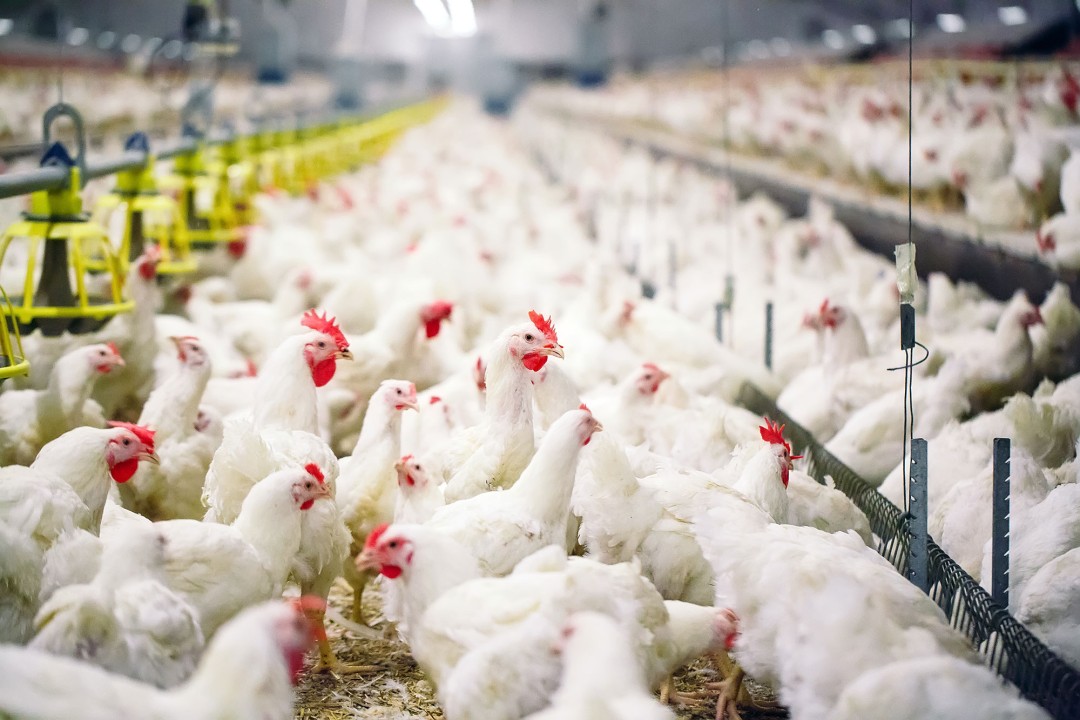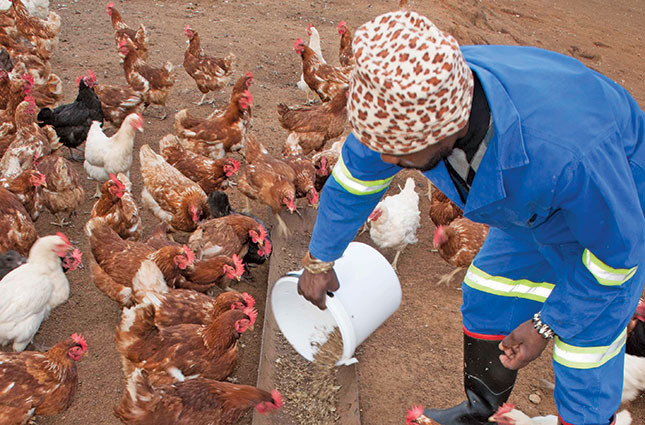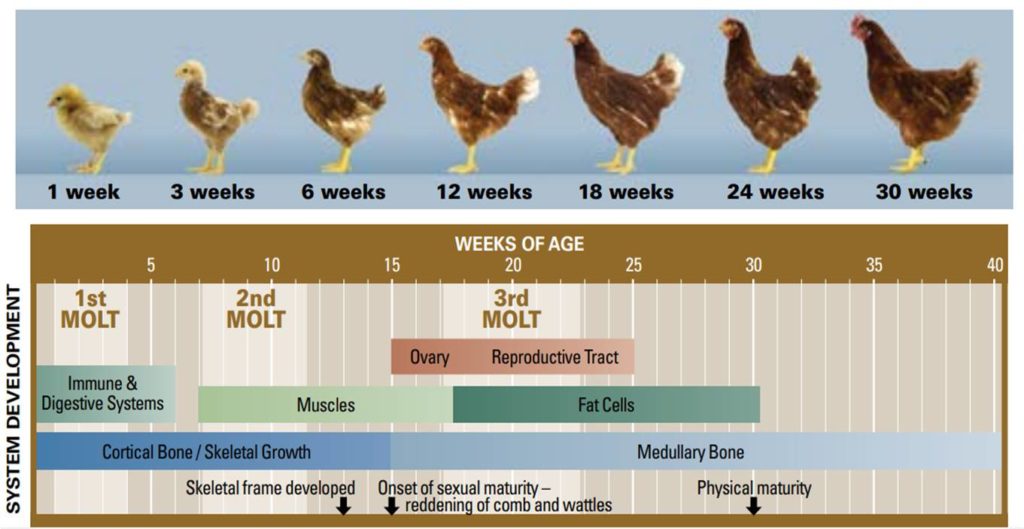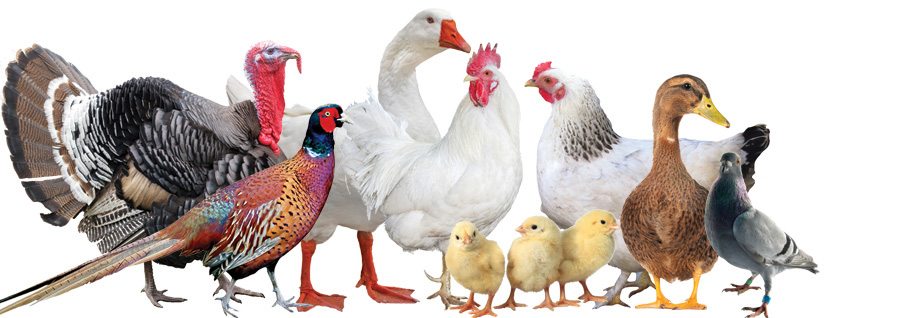By James, Africa Contemporary Farmers
Poultry farming is one of the most rewarding agribusiness ventures worldwide. Whether you’re looking to supply eggs, broilers, or indigenous chickens, the potential for profitability is high. However, success in poultry farming requires knowledge, planning, and commitment. This guide outlines the key things you need to know and have before starting your poultry business.
Understanding the Poultry Industry
Before diving into poultry farming, it’s essential to understand the industry’s structure, including market demand, supply chain, and common challenges. Poultry products are in constant demand, making it a lucrative business. However, like any venture, there are risks involved—disease outbreaks, fluctuating feed prices, and market competition can impact profitability.
What You Need to Know Before Starting
1. Define Your Business Model
Poultry farming can be broadly categorized into two segments:
- Layer Farming – Focuses on egg production. Layers start laying eggs around 18–20 weeks and can remain productive for up to two years.
- Broiler Farming – Raising chickens for meat. Broilers mature quickly and can be ready for market in as little as 6–8 weeks.
Knowing your target market will help you choose the best approach.
2. Research and Planning
A solid business plan is crucial for success. Consider:
- Target market and pricing strategy
- Breeds suitable for your environment
- Cost analysis and return on investment
- Marketing and distribution strategy
Understanding your competitors and customer needs will give you an edge in the business.


3. Regulations and Permits
Each country has different regulations governing poultry farming. You may need:
- Business registration
- Health and safety compliance certificates
- Animal welfare and biosecurity guidelines
Consult local agricultural authorities to ensure compliance.
4. Poultry Nutrition and Health
Nutrition plays a major role in poultry farming. Different breeds have unique dietary requirements. High-quality feed enhances growth and productivity.
Additionally, biosecurity is key. Invest in:
- Regular vaccinations and deworming
- Proper hygiene practices
- Quick disease detection and management
What You Need to Have Before Starting
1. Land and Housing
A well-ventilated, predator-proof housing system is crucial. Ensure your poultry house provides:
- Sufficient space for movement
- Proper ventilation to reduce disease risk
- Clean and dry litter material
2. Quality Breeds
The choice of breed affects your business’s profitability. Opt for breeds suited to your farming goals and climate. Consult suppliers for high-quality day-old chicks or point-of-lay birds.

3. Feeding and Watering Systems
To maintain a healthy flock, invest in automatic or semi-automatic feeders and waterers. This minimizes waste and ensures a steady food supply.
4. Disease Control Measures
Prevention is better than cure. Having essential veterinary supplies and an emergency response plan will help keep your flock healthy. Regular checkups and isolation of sick birds are critical.
5. Staff and Training
Even for small-scale operations, labor is needed for feeding, cleaning, and monitoring. Training staff in proper poultry management will improve efficiency and reduce losses.
6. Financial Resources
Startup costs include housing, feed, veterinary expenses, and marketing. Having adequate capital will keep your business running smoothly before it starts generating profit.
7. Market Access and Distribution Strategy
How will you sell your products? Options include:
- Supplying to retailers and supermarkets
- Selling directly to consumers
- Partnering with restaurants and hotels
- Using digital marketing to reach buyers
A strong marketing plan ensures you consistently reach customers.

Final Thoughts
Starting a poultry business is both exciting and rewarding, but it requires careful planning and execution. By understanding the industry, ensuring proper nutrition and housing, and putting strong disease management measures in place, you can build a sustainable and profitable business.
Want to learn more about agribusiness opportunities? Follow Africa Contemporary Farmers on social media, subscribe to our newsletter, and stay connected for expert farming tips and insights.
- Follow us on Facebook
- Subscribe to our newsletter here
- Contact us at info@africacontemporaryfarming.com
Here’s to your success in poultry farming!
James, Africa Contemporary Farmers